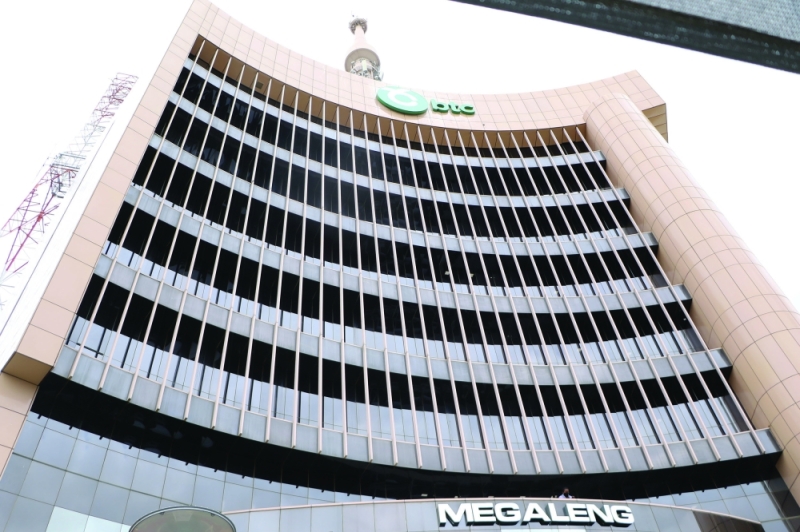BSE calls for opening up of BTCL shares
Lewanika Timothy | Monday September 4, 2023 10:11


BTCL shares trade under an ownership restriction policy imposed by the government as a condition of the 2016 listing. The restriction means only Batswana can own the shares, an effort by government to empower citizens.
Since listing in 2016 as part of privatisation by government, BTCL shares only traded above their listing price of P1 up to mid-2018 and since then, have plumbed lows such as 68 thebe. The counter has the BSE’s heaviest concentration of retail investors, whose trading activities are characterised by frequent sell-offs for various reasons, including freeing up cash and sometimes, responding to social media speculation. The absence of dividends in some reporting periods since the pandemic has also driven some investors to shed their stock, while COVID-19 also squeezed other shareholders into cashing in their holdings.
This year, BTCL has kept below 90 thebe, going as low as 76 thebe and as high as 86 thebe, having kicked off the year at 77 thebe.
Botswana Stock Exchange Limited CEO, Thapelo Tsheole, said that the value of the BTCL shares remains “locked” due to the narrow shareholder base that is restricted to citizens. According to Tsheole, exposing BTCL shares to a wide array of investors could positively help the shares’ performance.
“The continually declining trading activity in BTCL demonstrates the impact of an undiversified shareholder base that comprises of citizens or local investors only,” he said in a written response to BusinessWeek enquiries. “This trend continues to hamper price discovery and hinders the unlocking of shareholder value.”
Whilst Tsheole is not against the initial idea of ownership restrictions imposed by government, he said these should not be a permanent sanction upon the counter. The CEO said government should consider exposing the shares to other investors in order to unleash greater value.
“Practices in many markets suggest that foreign participation in privatised entities is initially restricted to give citizens the opportunity to fully participate in a strategic national asset, but these restrictions are reviewed, lowered and then completely removed over time. “As the BSE, we have engaged government to consider lifting the restriction of foreign ownership of BTCL shares,” he said.
Government sold 49% of its stake in BTCL, as part of the privatisation in 2016. The Initial Public Offer (IPO) was preceded by an extensive countrywide roadshow and marketing campaign targeting citizens and encouraging them to take up the shares.
The resultant IPO, the country’s first for a privatised parastatal, was over-subscribed and raised P462 million for government.
For shareholders, however, the restriction on the ownership of the shares has dampened the returns they have been able to receive from BTCL. BTCL’s shares are traded through a market maker, as the ownership restriction impacts their liquidity. Market makers are brokers or institutions that act as liquidity providers, ready to buy and sell shares at any time.
